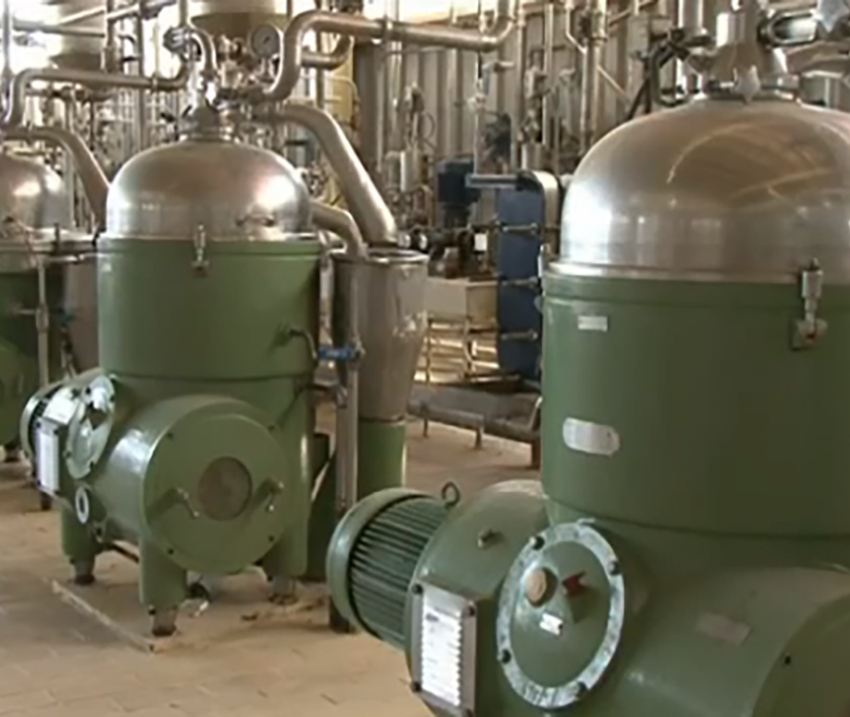Oilve oil: from luxury to trafficking

Oilve oil: from luxury to trafficking
The film director Jean‐Karl Lambert shows us, in its documentary OLIVE OIL: FROM LUXURY TO TRAFFICKING, an investigation about the olive oil market and about what big agribusiness groups do.
Olive oil is a simple food product, it is the mechanical extraction of the essence of a fruit, and that’s its worth today.
Its quality depends on the care given to the fruits, the trees and the land where they grow. Its nutritional characteristics, its taste, its texture, reminding of Provence, has made it popular for a decade.
Huile d'olive du luxe au trafic by tzetze
Its global rendering doubled, and so did the attraction of industrials for this product now called “yellow gold”. Most bottles show their Provence origin, however 95% of the world production is grown out of France, and most of half of it comes from Spain. Huge factories process olives, grown in worn out lands because of intensive, chemical and mechanical treatments.
The olives taste then bad, have a pale or dark colour, but who cares, because they are then treated to respond to the standards of the buyers. Heated at 380°C, all the “flaws” of the oil are taken away, but it also loses its nutritional qualities, its state and sometimes becomes toxic…
Without its worth, the oil will be then conditioned to be made more or less attractive, depending on its retail price. Companies based in Provence buy this Spanish oil, produced in factories, whose manufacturing costs is five times lower. They then introduce it to the markets, as a typical oil from Provence so they can have a biger cost margin.
Since 2009, it is mandatory to mention on labels the origin of the production of the oil, but many bottles and containers are sold without this mention… So, when nothing is written on the label, be careful.






LEAVE A COMMENT